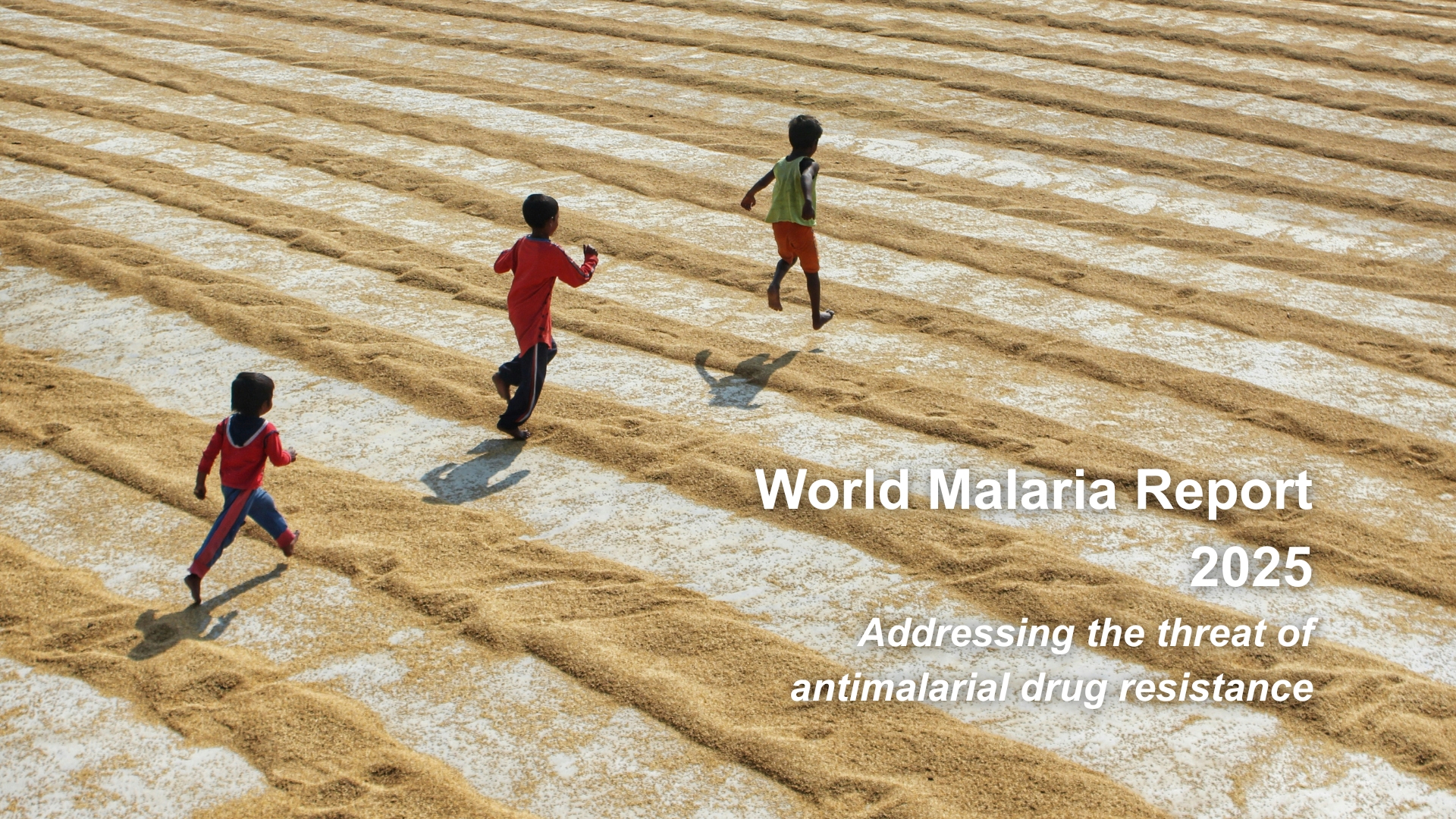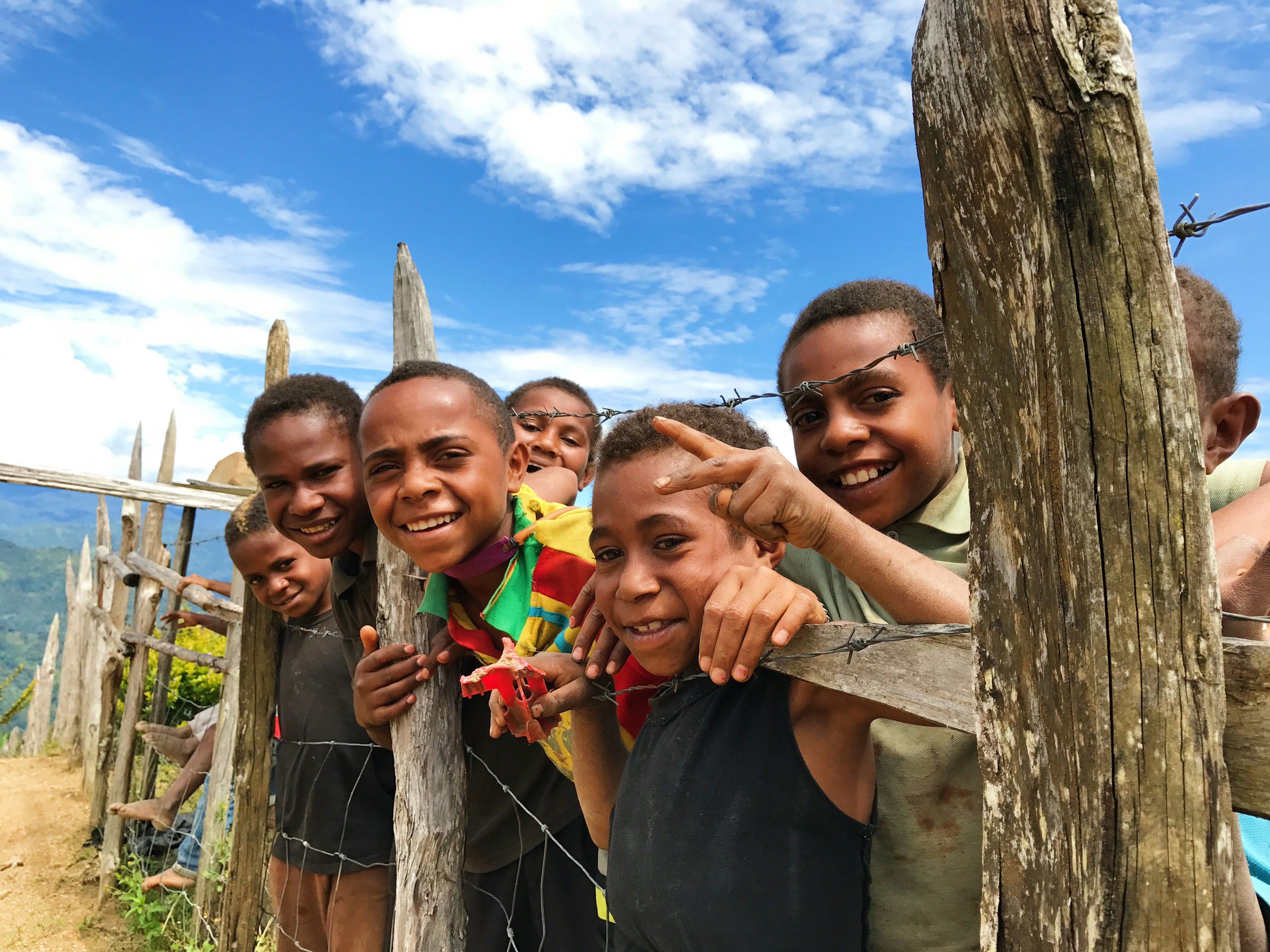
Health leaders and experts have agreed upon some of the key next key steps to achieve malaria elimination in Asia Pacific by 2030 during the second meeting of the Asia Pacific Regional Regulatory Partnership for Malaria Elimination (RRPME) during 14-15 December in Jakarta, Indonesia.
The RRPME is a multi-stakeholder group comprising national regulatory authorities, technical agencies, academia, donors, product development partnerships, as well as policy and advocacy specialists. The group is dedicated to ensuring the availability of safe, effective and quality medicines and in-vitro diagnostics needed to end malaria.
The latest RRPME meeting made significant progress in laying the foundations to reduce regulatory constraints to product availability. The delegates highlighted that the meeting was particularly significant to advancing the practical aspects of regional regulatory cooperation for malaria medicines and diagnostics.
What’s next?
Since each country has different context and needs, participants agreed that it is crucial to establish an overarching strategy with detailed country-specific workplans. As well as these workplans, here are five key points agreed during the meeting.
A coordinated regional approach to fighting malaria is required.
Challenges faced by National Regulatory Authorities (NRAs) related to access to antimalarial medicines and diagnostics were identified and confirmed. These findings will be validated with country visits and discussions.
The first phase of the Partnership’s activities will focus on regulatory approvals of priority anti-malarial medicines and diagnostic products.
The principles of regional regulatory cooperation and operational aspects of the Partnership were discussed and agreed.
Potential models for cooperative regulatory review and capacity building under the Partnership were examined and will be detailed out in 2017.
Dr Nafsiah Mboi, the APLMA Leaders’ Envoy, emphasized that the outcome of the development of the malaria regulatory system benefits the whole health service system.
“Today I want to emphasize that in the field of regulatory strengthening there is great potential for south–south collaboration. And such partnerships can be international or within a country, and between areas with positive experience reducing malaria and areas that are still struggling.
To achieve our goal, we need regulatory partnership with other parts of the health system. We need partnership among different levels of government. We need partnership at home and partnership across borders. This will be one of the keys to success for us”, said Dr. Mboi.
You can read the full report of the meeting here.
.svg)


.jpg)






